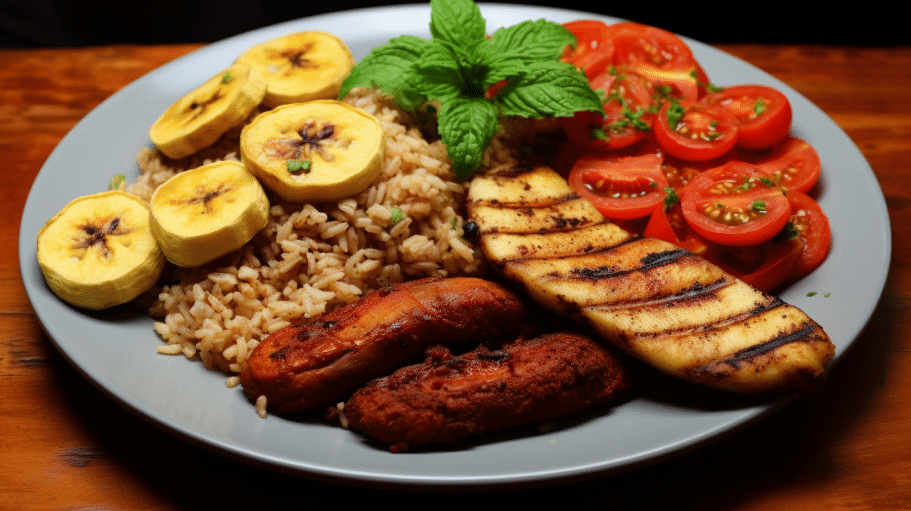Psilocybin for Depression: Optimal Dosages for Antidepressant Effects (2023 Review)
Recent research has provided compelling evidence on the therapeutic potential of psilocybin, a naturally occurring psychedelic, in treating depression. A systematic review and dose-response meta-analysis shed light on the optimal dosage of psilocybin for depression, revealing variations in effectiveness based on patient subgroups and associated risks. Highlights: Psilocybin showed significant antidepressant effects, with optimal dosages …



